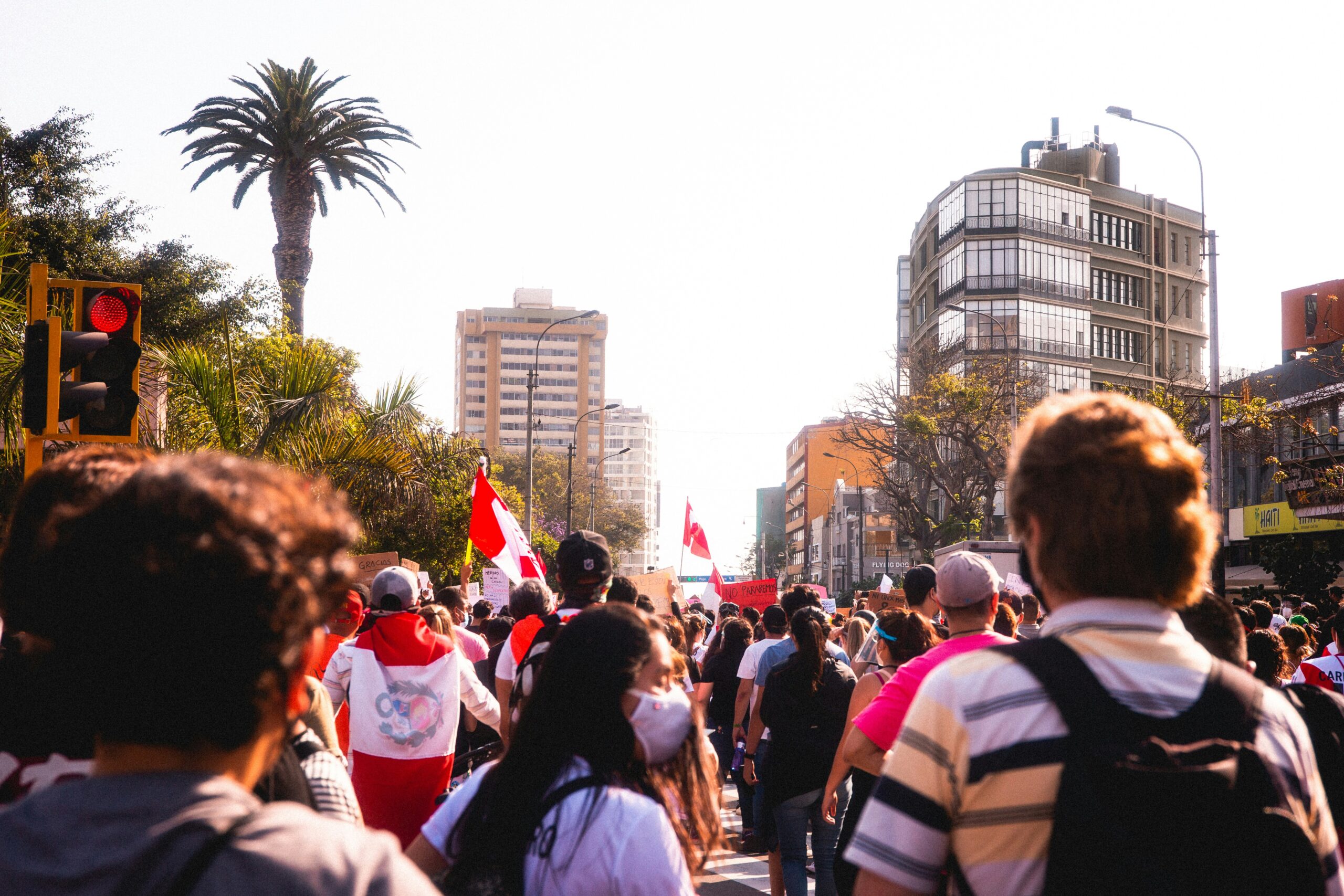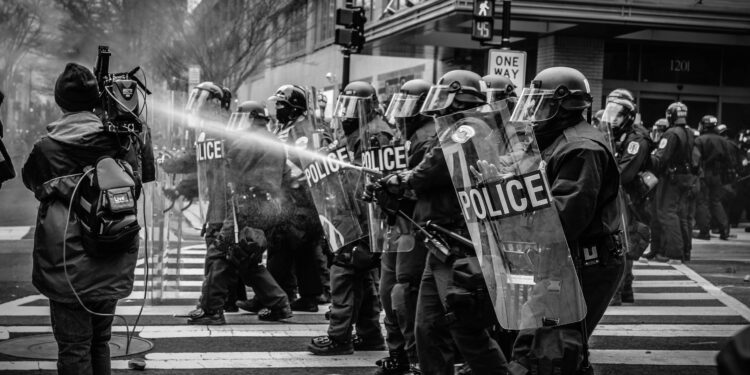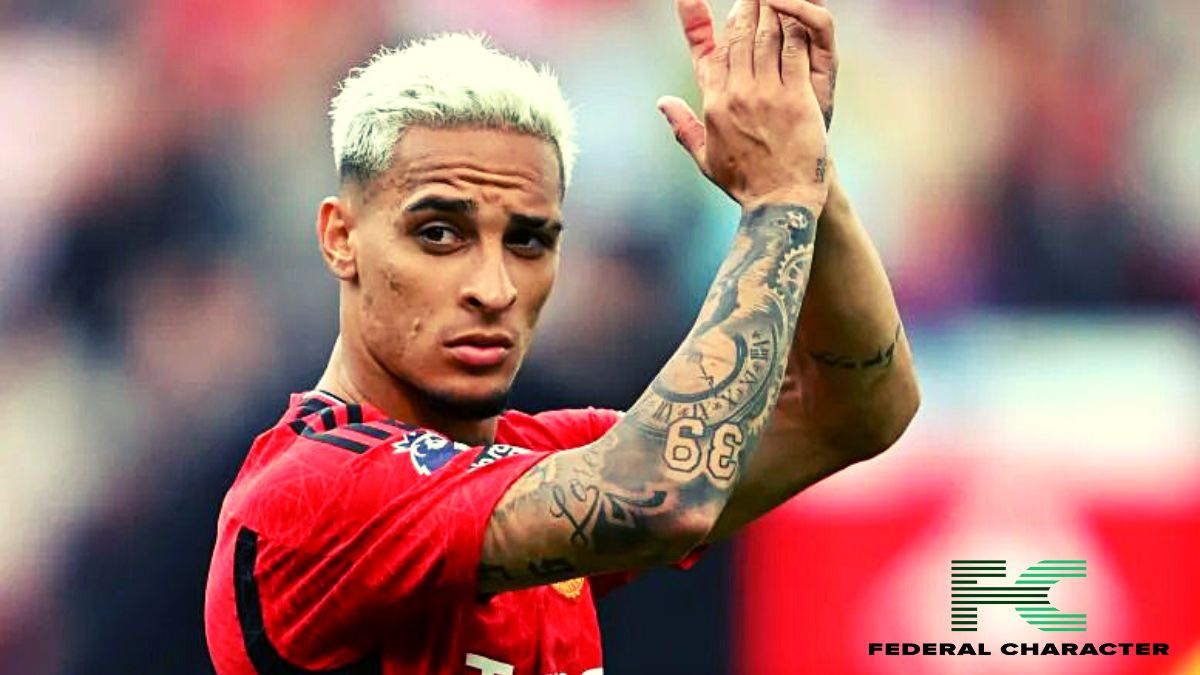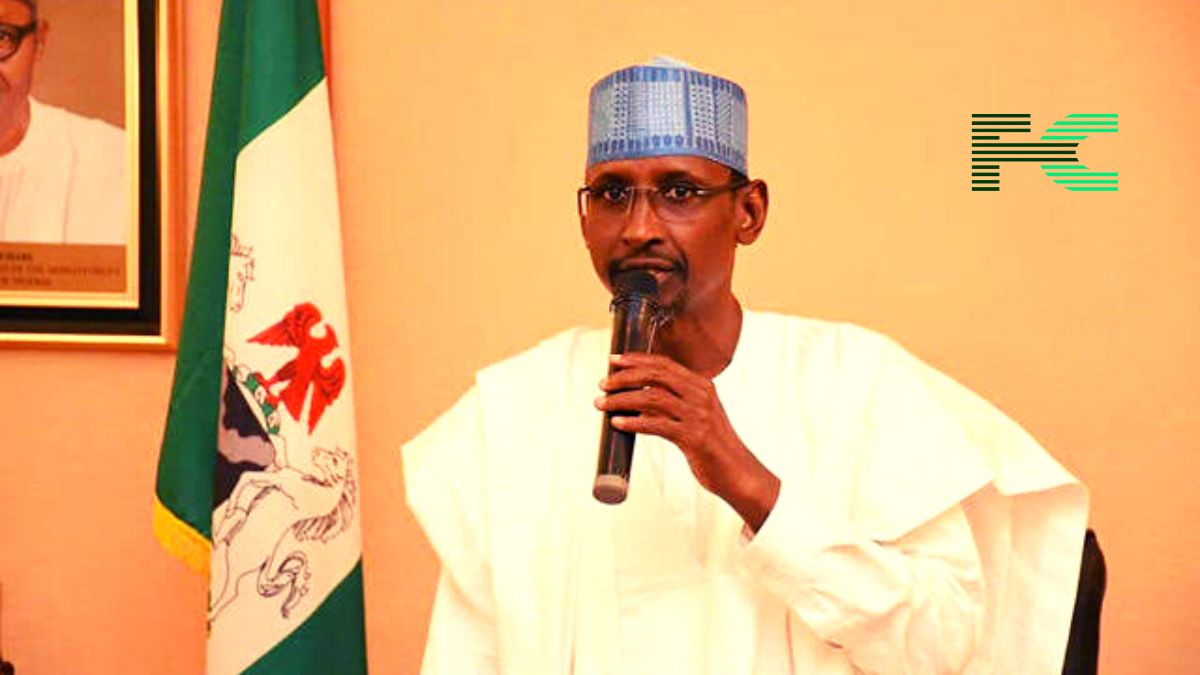The death of 32-year-old hip-hop artist Eduardo Ruiz Sáenz on the streets of Lima is a direct result of a state that has lost its legitimacy. When a government’s primary response to peaceful dissent is bullets and batons, it reveals its own moral bankruptcy. The clashes that left one dead and over a hundred injured are the inevitable eruption of a generation fed a diet of corruption, crime, and political musical chairs.
A Political Coup Is Not a Solution
The swearing-in of José Jerí as Peru’s seventh president in eight years is not a renewal; it is a symptom of a terminal disease. This is the same political class, led by Jerí’s Somos Perú party, that propped up the deeply unpopular Dina Boluarte until her impeachment became politically convenient. For the young protesters demanding a “clean slate,” this change in leadership is a blatant demonstration of a system that exists solely to perpetuate its own power, entirely disconnected from the people it is meant to serve.

The Anatomy of a Failure
The official response has been largely evasive. President Jerí’s statement that he “regretted the death” while simultaneously claiming the protest was “infiltrated by criminals” is a transparent attempt to shift blame and criminalize dissent.
This stands in stark contrast to the on-the-ground reality: witnesses who report seeing a plainclothes police officer fire the shot, and left-wing congresswoman Ruth Luque’s documentation of a bullet wound to the victim’s chest. The government has launched an investigation, but in a nation with such profound institutional decay, this promise rings hollow. The trust is gone.
What Happens Now?
The solution is not another temporary leader or a doomed investigation. The solution, as the protesters themselves are demanding, is a total reset. The path forward requires three non-negotiable actions:
First, the immediate and unconditional establishment of an independent, citizen-led assembly to draft a new political framework, free from the influence of the existing corrupt parties.
Second, a complete overhaul of the national police force, with international oversight, to end the culture of impunity and ensure it serves the public, not the politicians.
Finally, the resignation of any official implicated in the corruption and violence that has brought Peru to its knees, starting with a full public audit of the last decade of governance.
Peru’s youth are not protesting for a better system; they are fighting for any system that works at all.

















